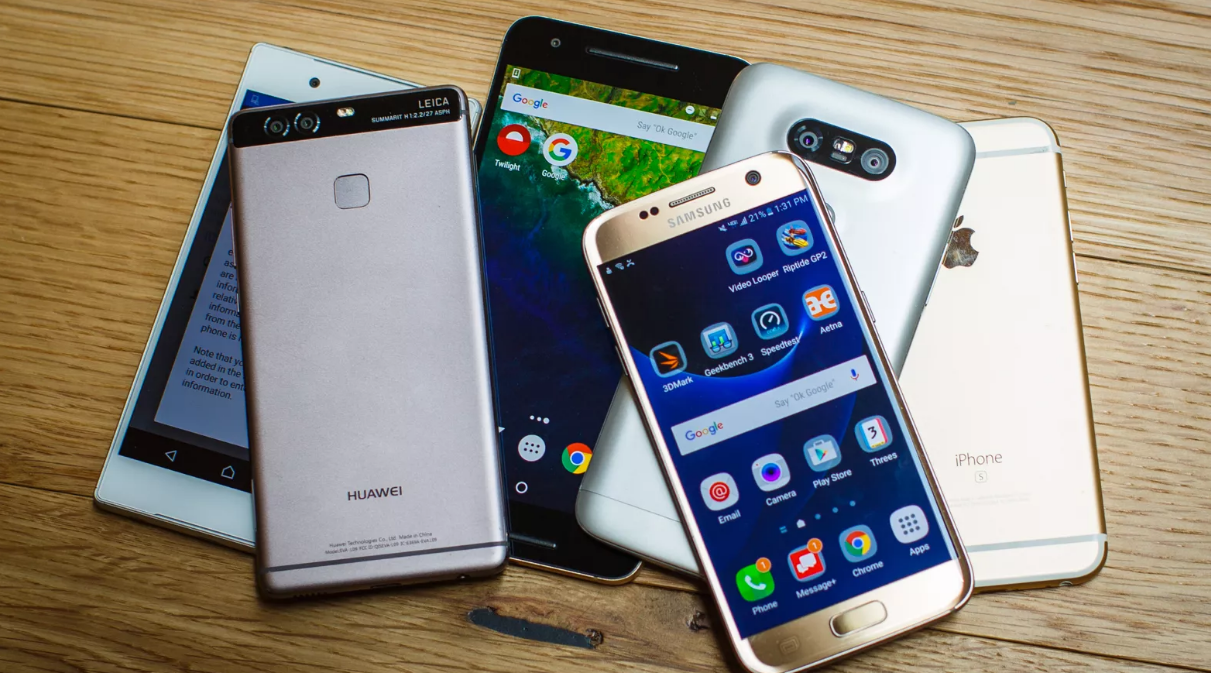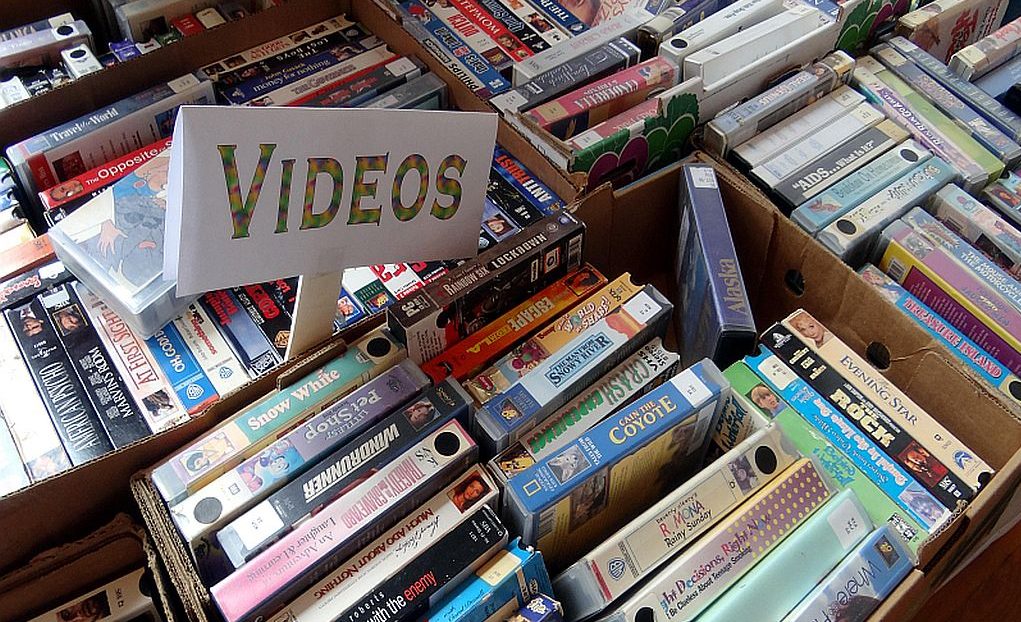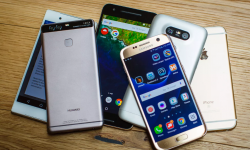
Facebook at 15
Two thirds of the population of planet Earth are active on Facebook every month. That’s 2.3 billion people. But why?
Once upon a time a young computer scientist in his second year at Harvard began dabbling with a web project. That project, FaceMash, Facebook’s predecessor, was a gimmick. A kind of “hot or not” game where students could see two photos of female students side by side. They simply had to decide which of the two photos were more appealing.

Image socialstudent.co.uk
A year later the young computer nerd, Mark Zuckerberg, focused his attention on what would be called The Facebook. Facebooks are student directories that present a basic photo of the student with an accompanying description. Developing the website with his college roommates Zuckerberg initially only allowed access to Harvard students with a valid email address. He presented each ‘user’ with a wall. That wall acted much like a notice board where fellow students could leave messages. It was very much an experiment in communication and something that soon took off.
Zoom forward fifteen years (conveniently ignoring numerous high profile legal cases and acquisitions) and The Facebook evolved into Facebook with barriers to entry relaxed to allow the global population in. The seeds of an idea that germinated in a dorm room back in 2004 have grown to become arguably the most influential publishing platform in the world.
But why is the platform so popular?
We think it boils down to two things; the growth of mobile technology and the innate curiosity that we all have for the activities of our peers.

Image psychologicalscience.org
You could argue a third; the lack of a credible alternative. As social media goes Facebook stands alone. Twitter is a different beast. Instagram (owned by Facebook) offers just a fraction of the capabilities of its parent. Google Plus has never cemented its popularity. MySpace lost all its appeal when Facebook rose to prominence. All other social media platforms in the western world are pretenders to the throne.
Facebook’s influence is enormous. Such is its popularity politicians, celebrities, corporations and even royalty turn to it to share their news and views. Whilst we have an appetite for it it’s not going away. Whilst mobile technology dominates the landscape we can only continue to gorge ourselves on ‘posts’ from everyone; our mums, uncles, friends to political heavyweights, kings and queens.
But is this a good thing? Are we losing the art of genuine or traditional communication. Are we able to hold a conversation with a friend anymore that doesn’t in some way, shape or form reference Facebook ‘activity’?
Is what may be a good tool for keeping in touch with long lost friends and family actually turning us into media hungry robots who only believe in what carries the most ‘likes’ and engagement.
We’d be interested in your views.

















Follow Us